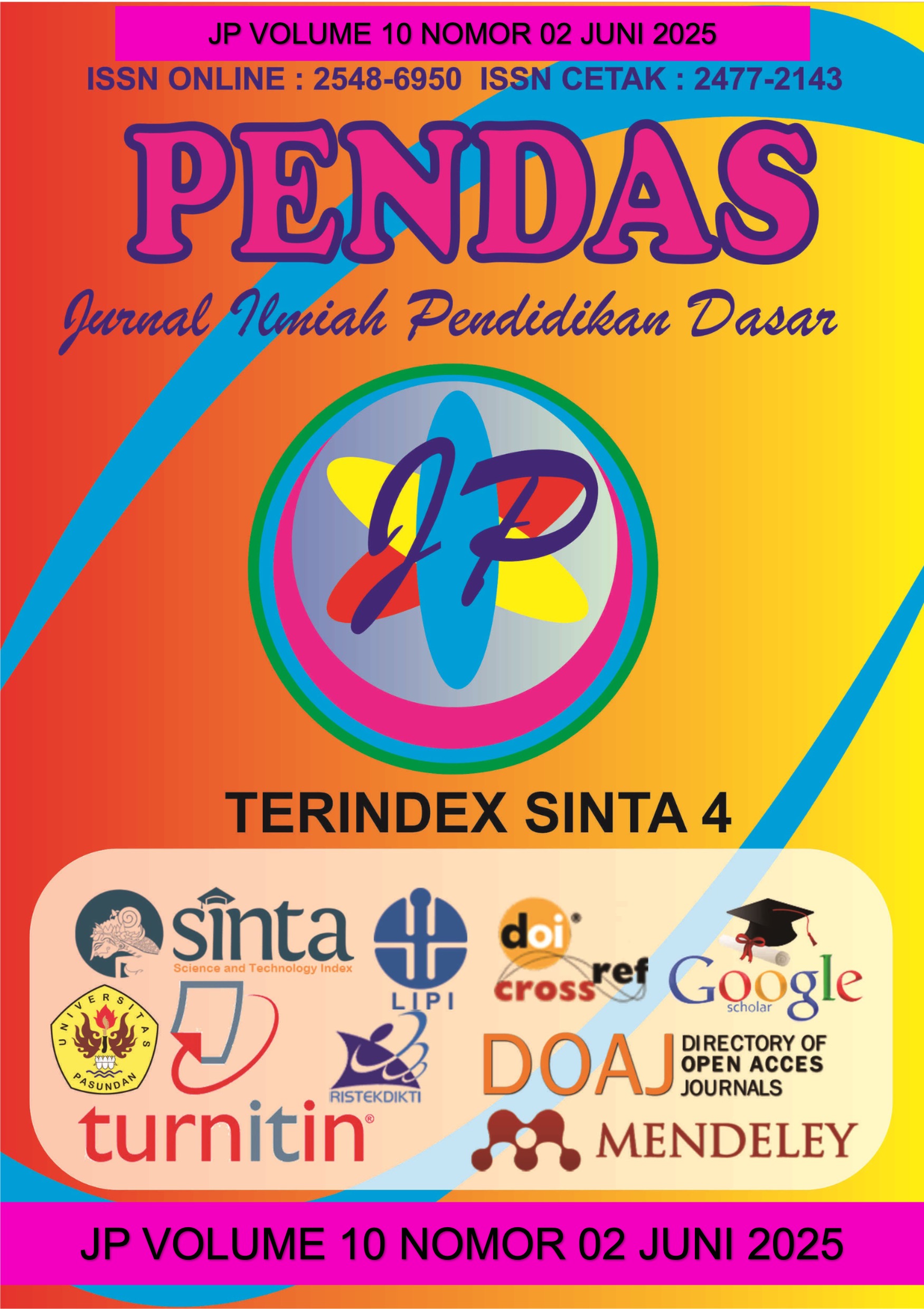PERAN HUKUM DALAM MENJAMIN KEBEBASAN PERS: TINJAUAN TERHADAP UU ITE DAN ANCAMAN BAGI DEMOKRASI DI INDONESIA
DOI:
https://doi.org/10.23969/jp.v10i02.24144Keywords:
Press freedom, ITE Law, DemocracyAbstract
Freedom of the press is an important pillar in a democratic country, which makes it easier for the public to obtain accurate and relevant information, as well as to control government performance. However, in Indonesia press freedom has quite complicated challenges due to the emergence of the ITE Law (Information and Electronics Law). Therefore, this research aims to examine the role of law on press freedom, especially looking at the ITE Law and its impact on the democratic system in Indonesia. The method used in this research is literature study or library research using books, articles, journals and other related literature. The results of this research show that articles in the ITE Law, such as defamation and the spread of news whose truth is unclear (hoaxes), are often used to blame or harm journalists and media who are vocal about the performance of the government or certain groups. This causes a feeling of fear (chilling effect) which inhibits journalism and freedom of expression. Furthermore, this research examines that the use of the ITE Law will suppress press freedom which can cause loss of access to important information for society and political participation. This research suggests that there is a need for improvements in the ITE Law to clarify the limits on press freedom, as well as increase protection for journalists and media who carry out their duties according to the journalistic code of ethics
Downloads
References
Aliansi Jurnalis Independen. Keluar Dari Mulut Harimau ,Jurnalis. 2024.
Asfinawati. Hukum dan Hak Asasi Manusia. Yogyakarta: Pustaka Pelajar, 2018, hlm. 67.
Amnesty International. Laporan Amnesty International 2022/2023: Situasi Hak Asasi Manusia Secara Global. 2023.
BAPPENAS RI. “Negara Republik Indonesia Tahun 1945.” Warga Dan Negara, vol. 1945, 1945, pp. 1–166.
Bernadetha Aurelia Oktavira, S. H. Landasan Kebebasan Pers Di Indonesia.
Freedom House. “Freedom in the World.” Freedom in the World, 2022, https://doi.org/10.5040/9798216968726.
Lewis Coser, The Functions of Social Conflict (Free Press, 1956), hlm. 78.
Manan, Bagir. Kebebasan Pers dan Demokrasi. Jakarta: Pustaka Sinar Harapan, 2015, hlm. 45.
Pratama, Muhammad Irfan, et al. “Kebebasan Berpendapat Dan Berekspresi Di Media Sosial Dalam Perspektif Hak Asasi Manusia.” Qawanin Jurnal Ilmu Hukum, vol. 3, no. 1, 2022, pp. 1–16.
Rahmadani, Alya, et al. “Regulasi Digital Dan Implikasinya Terhadap Kebebasan Berpendapat (Studi Kasus: Uu Ite Pada Platform Media Sosial Di Indonesia).” Journal of Social Contemplativa, vol. 2, no. 1, 2024, pp. 1–18, https://doi.org/10.61183/jsc.v2i1.75.
Reporters Without Borders (RSF). 2023 Round-Up. no. December, 2023, pp. 1–30.
Serikat, Amerika. Kebebasan Pers Bentuk. 1999.
Suparman, Suparman, et al. “Tinjauan Kritis Pasal 27 & Pasal 28 UU ITE Terhadap Kebebasan Pers.” Jurnal Risalah Kenotariatan, vol. 4, no. 1, 2023, pp. 1–11, https://doi.org/10.29303/risalahkenotariatan.v4i1.82.
United Nations. “DEKLARASI UNIVERSAL HAK-HAK ASASI MANUSIA.” Indonesian Journal of International Law, no. Iii, 1948, pp. 1–6, https://doi.org/10.1017/CBO9781107415324.004.
Downloads
Published
Issue
Section
License
Copyright (c) 2025 Pendas : Jurnal Ilmiah Pendidikan Dasar

This work is licensed under a Creative Commons Attribution 4.0 International License.














































